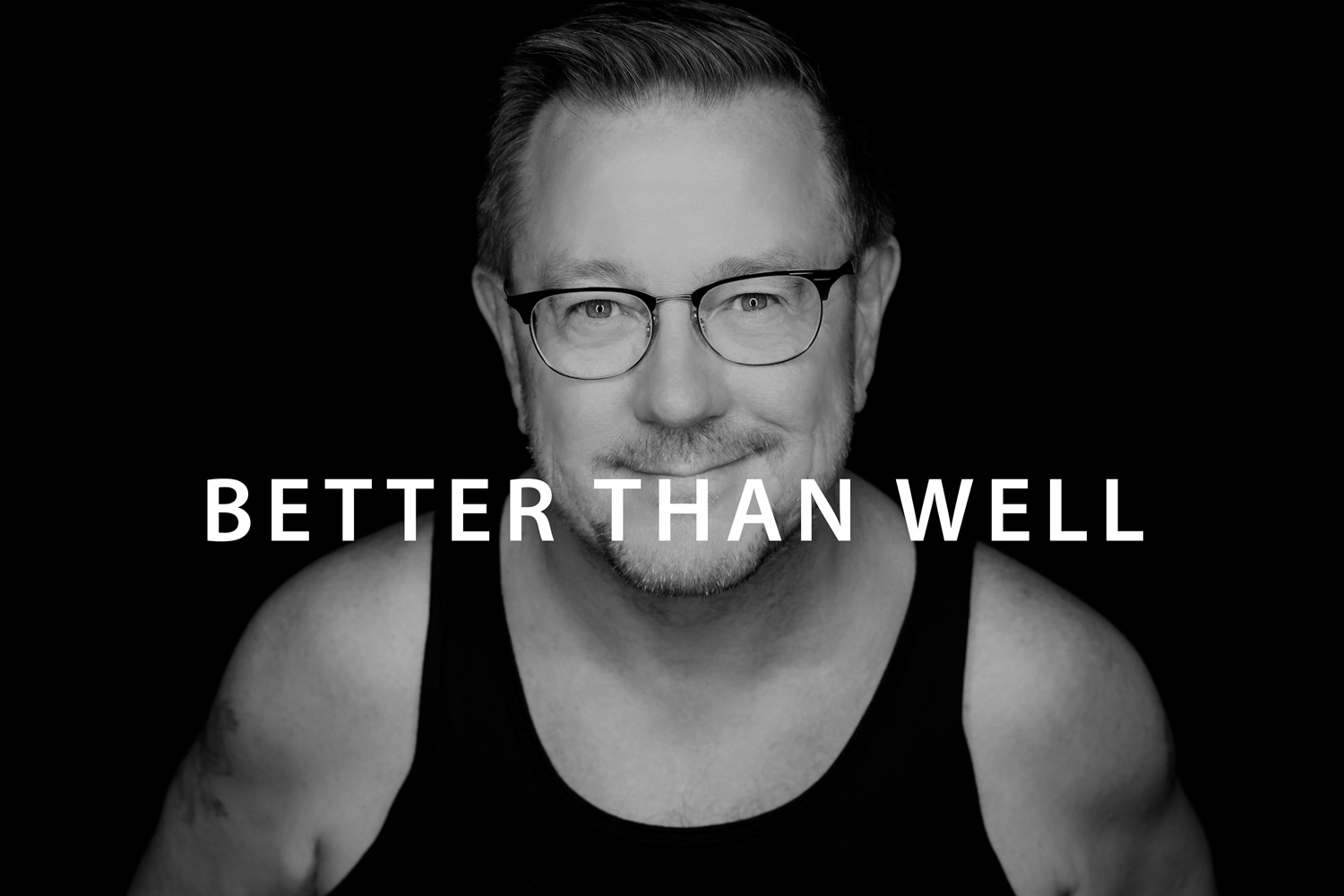DONALD
“The undisputable fact is this. We got well. Then we got better than well.”
Who I Am
My name is Donald McDonald, and I am a person in long-term recovery from substance use disorder. What that means is I haven't had to use alcohol or other drugs to face the day in 13 years. I got well. Then I got better than well. I am fully present as a husband and father. My family trusts me, and they are proud of me. Last year, I graduated from a top-ranked social work graduate school, and I'm now the Director of Advocacy & Education for a grassroots nonprofit. I once was considered hopeless, but now I’m part of the solution. My friends and I help educate organizations, communities, and families about substance use disorder. We help the passage of common sense legislation and the development of person-centered policies. The fact is this. Everybody experiencing substance use disorder has the potential to get better than well – just like Donald McDonald.
What I See
One in seven of us has a substance use disorder. Among those, only 1 in 10 has access to specialized treatment. Meanwhile, NC loses a loaded school bus full of citizens each month to prescription opioid overdose alone.
We have five decades of research supporting the fact that Substance Use Disorder is a chronic brain disorder, not a moral failing. Yet, we have been responding to it with the acute care model of addiction treatment and incarceration. And the more we learn about the pathology of addiction the fewer resources we have to treat our fellow citizens. This only makes sense in a paradigm where stigma-driven public perception is allowed to evolve into stigma-driven public health policy.
We’ve been fighting stigma for years, and it seems we’ve begun chipping away at that insidious internalized stigma – that shame that keeps us from asking for what we deserve. We have all see so much death. We’ve comforted grieving families. In the midst of this public health crisis we were fighting, we discovered that we were also embroiled in a civil rights struggle. We realized that it was no longer stigma we were fighting. It was discrimination. We watched as the nation circled its wagons around Zika and Ebola while they did not respond in kind to the very real epidemic that we were experiencing. That’s not stigma… that’s discrimination.
Where We Are Going
There are 23 million people thriving in recovery in the United States. Our pathways of recovery are just as diverse as we are. But, the indisputable fact is this. We got well. Then we got better than well. We are resources. We stand ready to continue advocating for additional resources for our communities – for what we deserve. Many of us have entered into peer professional addiction services. They call us Recovery Coaches. We encourage you to add peer-based recovery supports to your menu of services. Reach out the communities of recovery for their support and input. We are part of the solution.


